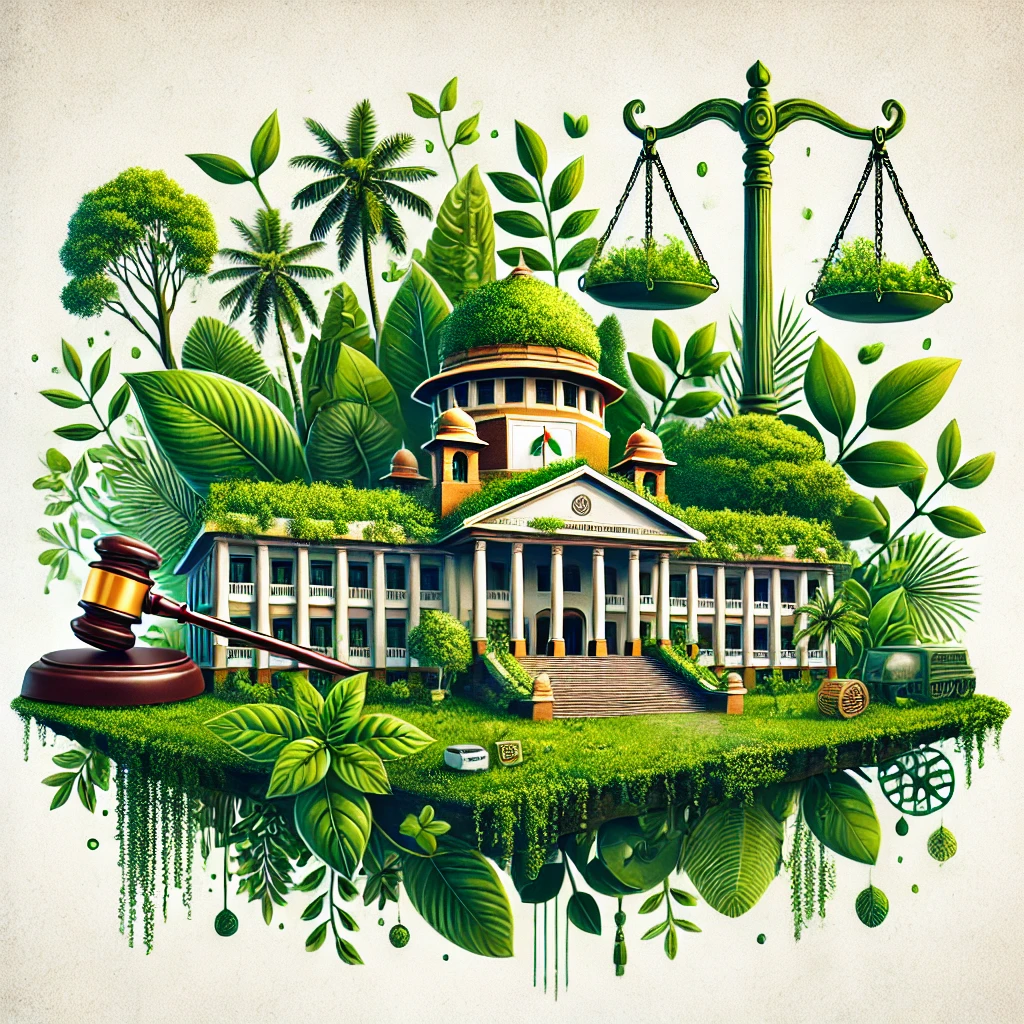All about Public Trust Doctrine
Public Trust Doctrine
1. Definition
The Public Trust Doctrine is a legal principle that holds that certain natural resources (like air, water, forests, and shorelines) are preserved for public use, and the government holds these resources in trust for the people.
The government (State) is the trustee and must protect and manage these resources for the benefit of present and future generations.
2. Origin
The doctrine originated in Roman law, where certain resources like the sea, shorelines, and air were considered common to all.
Developed through English common law and incorporated into various legal systems worldwide.
3. Essence of the Doctrine
Natural resources cannot be privately owned if their use affects the public interest.
The State cannot abdicate its responsibility to protect and conserve these resources.
Any use or exploitation must be for the public good and cannot harm the environment or public access.
4. Key Features
| Feature | Explanation |
|---|---|
| Public Ownership | Certain resources belong to the public and are not subject to private ownership. |
| State as Trustee | The State manages and safeguards these resources. |
| Protection and Conservation | The State must protect these resources from misuse, pollution, or destruction. |
| Use for Public Benefit | Use of resources should benefit all, including future generations. |
| Non-Delegable Duty | The State cannot transfer its trustee duties irresponsibly. |
5. Application in India
The doctrine was explicitly recognized and expanded by the Supreme Court of India in several environmental cases.
Landmark Cases:
M.C. Mehta v. Kamal Nath (1997)
The Court held that natural resources like rivers are public property held in trust by the State, and private parties cannot damage or pollute them.
Vellore Citizens Welfare Forum v. Union of India (1996)
Affirmed the application of the public trust doctrine to ensure environmental protection and sustainable development.
Narayan Dutt Tiwari v. Union of India (1991)
Recognized that forests and wildlife are held in public trust by the government.
6. Importance in Environmental Protection
Prevents privatization and commercial exploitation of natural resources at the cost of public welfare.
Provides a legal basis for environmental litigation and public interest suits.
Encourages sustainable use and conservation.
Ensures government accountability in environmental governance.
7. Limitations and Challenges
Defining the scope of resources under the doctrine can be complex.
Enforcement depends on government willingness and judicial activism.
Conflicts may arise between developmental projects and public trust responsibilities.
8. Summary
| Aspect | Description |
|---|---|
| Doctrine Type | Environmental legal principle |
| Purpose | Protect natural resources for public use |
| Trustee | State/Government |
| Beneficiaries | Public, including future generations |
| Legal Basis | Constitutional and common law principles |
9. Conclusion
The Public Trust Doctrine is a powerful principle underpinning environmental jurisprudence. It reinforces the State’s duty to conserve natural resources and prevent their misuse, ensuring environmental sustainability and public welfare in India and beyond.












comments